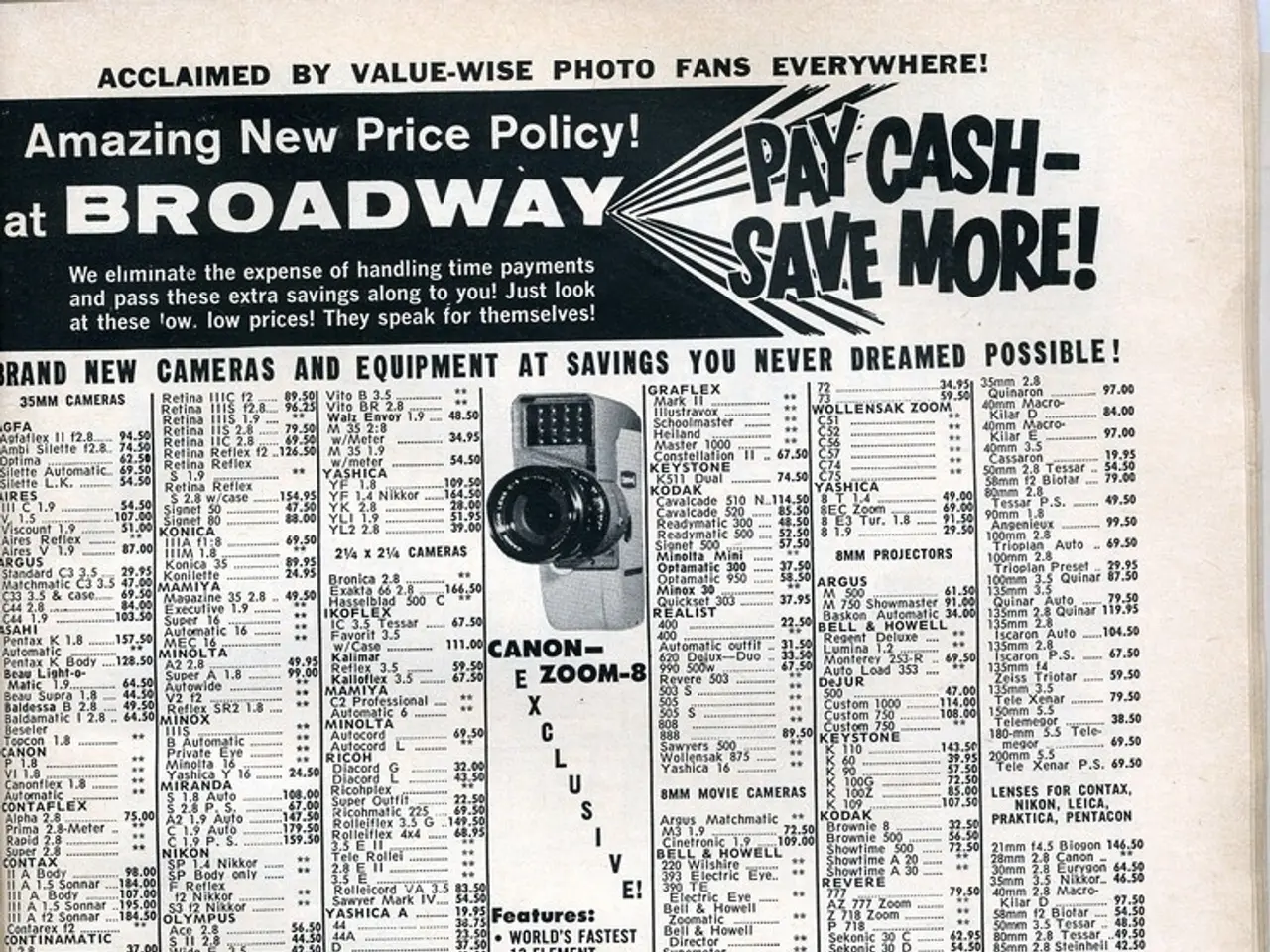Exploring Commercial Opportunities During Black History Month Celebrations
In the United States, there is a significant disparity in the African American jobs market, particularly among African American males, especially young men. This issue is a complex one, and understanding its roots requires input from various sources such as employers, job-seekers, educators, advocacy groups, community leaders, and others.
One way to gain insights is by exploring the issue of African American unemployment and drilling down into regional numbers. The Bureau of Labor Statistics (BLS) publishes regional reports that offer valuable data on unemployment rates. For instance, the BLS employment situation report, including detailed tables on unemployment by race, sex, and age, will be released on Friday (Feb. 3).
Another perspective comes from the African American consumer market, which is experiencing rising purchasing power. Factors like income growth, TV use, mobile phone use, and Tweeting among the black community are detailed in the Nielsen State of the African American Consumer Report. Consumer goods firms, advertising agencies, small businesses, service firms, and others are adapting to this growing market and wooing customers through various means.
Some companies are going a step further by connecting honestly with potential African American customers. For example, the Ancestry.com commercial featuring a black spokesman openly discussing the potential challenges of tracing one's family tree is a notable example.
The issue of multi-generational black businesses is also worth exploring. In some areas, there are not many multi-generational black businesses. However, in others, these businesses, such as restaurants and funeral parlors, are often entwined with the history of the region and community. Conditions or factors that may be helping to change this trend are worth investigating.
Last year, the University of Maryland Business School involved experts in a diversity seminar during Black History Month, discussing factors such as addressing systemic barriers, fostering mentorship across generations, leveraging community resources, and emphasizing cultural identity's role in sustaining black-owned businesses. Similar events in your region could be sources of information.
Profiles and features of African American businesswomen and men, including their career trajectories and entrepreneurial endeavors, can make for interesting stories. Last year, the Inc. Top 10 Black Entrepreneurs included businesses in IT, telecom, real estate, and aviation consulting.
Moreover, some businesses are creating apprenticeship, mentoring, and other programs to address the issue of African American unemployment. These initiatives are not only beneficial for the individuals involved but also for the businesses themselves, as they foster a diverse and innovative workforce.
Finally, it's worth noting that every February, numerous events nationwide commemorate and celebrate the country's African American citizens. The U.S. Census Bureau's Black History Month gallery offers a variety of business-related ideas, and the BLS regional reports provide a wealth of data. These resources, along with the insights from various stakeholders, can help us better understand the challenges and opportunities in the African American jobs market and the world of multi-generational black businesses.
Read also:
- Peptide YY (PYY): Exploring its Role in Appetite Suppression, Intestinal Health, and Cognitive Links
- Toddler Health: Rotavirus Signs, Origins, and Potential Complications
- Digestive issues and heart discomfort: Root causes and associated health conditions
- House Infernos: Deadly Hazards Surpassing the Flames






